How big is the market size for carbon capture, utilisation and storage (CCUS) technologies in India?
We expect demand for clean energy technology to grow hugely in the coming years. In its ‘Net Zero by 2050’ report, the International Energy Agency’s (IEA) stated, “To reach net zero emissions by 2050, annual clean energy investment worldwide will need to more than triple by 2030 to around $4 trillion.” Carbon capture, utilisation and storage more specifically will be a big part of this and will play a crucial role on the road to net zero. In July 2021, the IEA added, “To achieve net-zero emissions by 2050, CCUS capacity needs to be ramped up by 190-fold.”
Excitingly, the latest carbon capture technology is making widespread CCUS adoption possible. Carbon Clean’s carbon capture solutions, for example, have already captured carbon at around $40 per tonne, significantly cheaper than the average $60-80 per tonne rate. We will launch our latest technology this month, that is more compact and which will deliver even more affordable capture rates. As one of the world’s top five greenhouse gas emitters and emitting around 3 gigatonnes of CO2 per year according to Climate Action Tracker, India has the potential to be a world leader in low-carbon technology and industrial decarbonisation. We are confident the Indian market can become one of the most important in the scaling and development of CCUS technology.
Can you please provide a brief about the CCUS technologies that you offer for the Indian market?
In 2016, Carbon Clean partnered with Indian firm, Tuticorin Alkali Chemicals & Fertilizers (TFL), to launch the first industrial scale carbon capture project. Installed on a coal-fired boiler, the plant is designed to capture 60,000 tonnes of CO2 emissions per year. The site not only captures CO2 before it’s emitted into the atmosphere, it also converts the carbon dioxide into soda ash. Unilever then uses the soda ash in household products, such as washing detergent. This is a great example of how carbon capture technology can contribute to the circular carbon economy.
More recently, Carbon Clean designed and commissioned India’s first carbon capture plant for a blast furnace for Tata Steel’s Jamshedpur steel plant in India. Capturing 5 tonnes of CO2 per day, the plant is the first in the country’s steel industry and a first-of-its-kind in the world. Our technology captures CO2 directly from the blast furnace gas, making it available for onsite reuse in a variety of applications.
How receptive are the India Inc to the CCUS technologies that you offer?
Carbon Clean was founded following the 2009 Copenhagen Climate Conference to support the decarbonisation of heavy industry on the road to net zero. Since then, awareness of the need to decarbonise has only grown. With that rise in awareness, companies across industrial sectors are increasingly looking at how they can most effectively reduce their emissions. Today, every major emitter we speak to across the cement, refining, steel, energy from waste and biogas sectors, has a carbon capture strategy in place. We’re glad carbon capture technology is now getting the recognition it deserves. Carbon Clean is seeing unprecedented interest in cost-effective capture solutions from all industrial sectors in India and across the world.
Please share with us a few clients (especially cement manufacturers) where your technologies are currently installed. How have these companies benefitted from CCUS technologies?
Carbon Clean has signed an agreement with CEMEX Ventures in September 2020 aimed at developing a carbon capture solution for the cement industry that delivers $30/tonne cost of CO2 captured. As part of the agreement, both companies will further develop and adapt Carbon Clean’s latest generation of modularised carbon capture technology for the cement industry. This technology, which is being launched this month, is being tested for the first time in the cement industry at a CEMEX facility by deploying an industrial-scale pilot. The companies will jointly work towards making the solution even more efficient before the construction of what would be the most cost-effective commercial installation for carbon capture in the cement industry to date. With the capacity to capture up to 100,000 tonnes of CO2 per year at a cost lower than $30/tonne of CO2 captured, this is a very relevant step in developing the technology required for adoption by the entire cement sector at a worldwide scale.
In April this year, Carbon Clean’s technology was selected by Taiheiyo Cement Corporation (TCC) to capture 10 tonnes of CO2 per day. Implemented for CO2 capture from the flue gas of rotary kilns used for cement production, this is the first demonstration plant in Japan. This project will have a significant impact since creating suitable CO2 capture and carbon recycling technology for cement kilns will contribute to the future of the cement industry. Through this demonstration, TCC will establish a technology that can be implemented to help achieve carbon neutrality by 2050.
In December 2020, Carbon Clean announced a joint venture with Veolia to exclusively develop multiple green projects in India. The newly established company, Veolia Carbon Clean, is developing two CCUS and compressed biogas (CBG) projects in India, utilising Carbon Clean’s patented CDRMax and MethPure technologies. This project will help companies across India to lower their carbon emissions in a sustainable manner and contribute towards reducing pollution levels in the country.
The market for CCUS technologies is in an emerging stage. To garner maximum market share in India, what would be your marketing strategies to spread more awareness of CCUS technologies?
At Carbon Clean, we see a real opportunity for major industrial players to play a leading role in the country’s decarbonisation efforts. Our aim is to help hard-to-abate sectors embrace new ways of cutting emissions in a commercially viable way. India is one of the world’s biggest industrial emitters and there is still a huge amount of untapped potential for decarbonisation in the country. Interest in carbon capture technology is at record levels across heavy industry. We now need to convert this interest into widespread adoption by spreading the word that CCUS is simpler and more cost effective than ever.
The role of the government is of utmost importance to regulate carbon dioxide and other greenhouse gas emissions. What are best practices worldwide that you would like to see implemented in India?
As a British-based business founded in India, Carbon Clean has been working closely with the UK government on its goal to reach net zero by 2050. Britain’s emissions reduction targets are now laid out in law, and the government has set out an ambitious plan to invest in the next generation of clean technology. In the UK Prime Minister’s words, CCUS is “globally necessary” to slashing emissions in hard-to-abate sectors. While there is still work to be done to ensure ongoing government support, alongside private sector investment, we’re very proud to be supporting the UK in its ambition. The partnerships that we are building in India are driving forward more and more collaborations which will help achieve national and global net zero targets.
Lastly, what are your growth plans for Carbon Clean’s India operation? Are you planning to set up a manufacturing plant in India?
As emphasised by the recent sixth IPCC report, this next decade is going to be crucial to keeping average temperature rises to below 1.5 degrees Celsius and achieving net zero. As a major industrial player, India is a key market for Carbon Clean. We’re excited to see unprecedented interest in our technology across international markets and will continue to help hard-to-abate sectors with their decarbonisation plans.




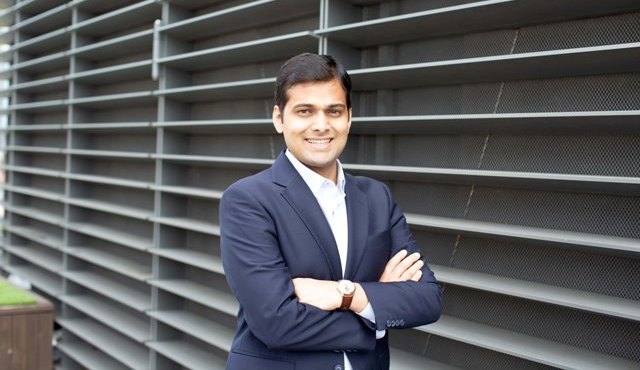



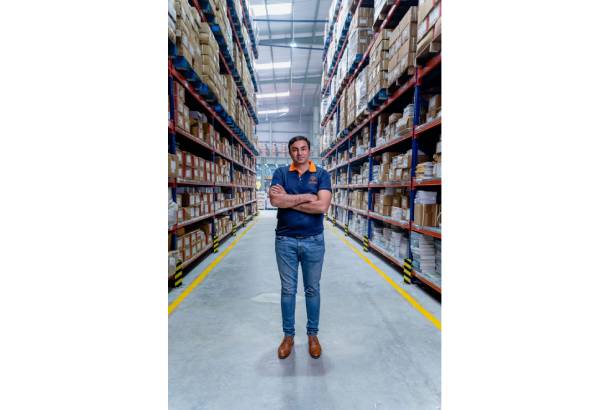
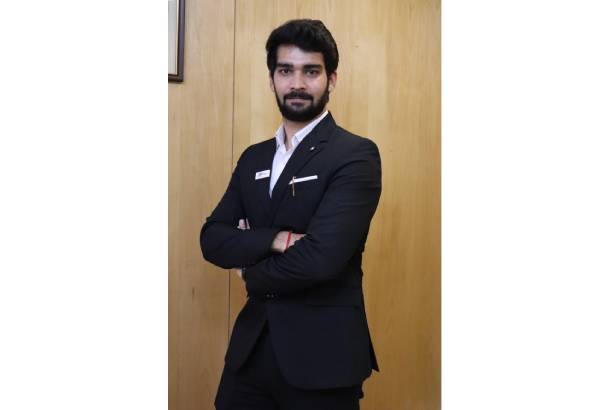






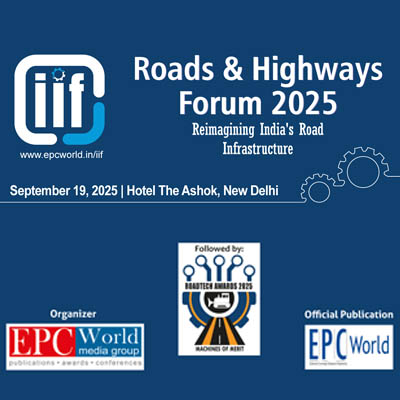
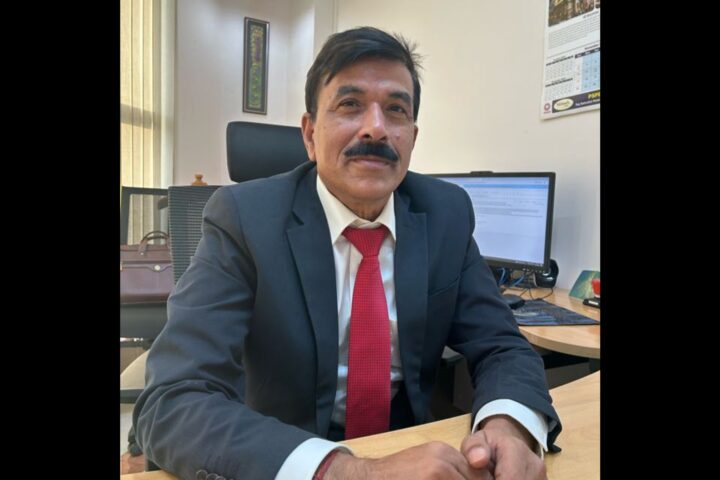
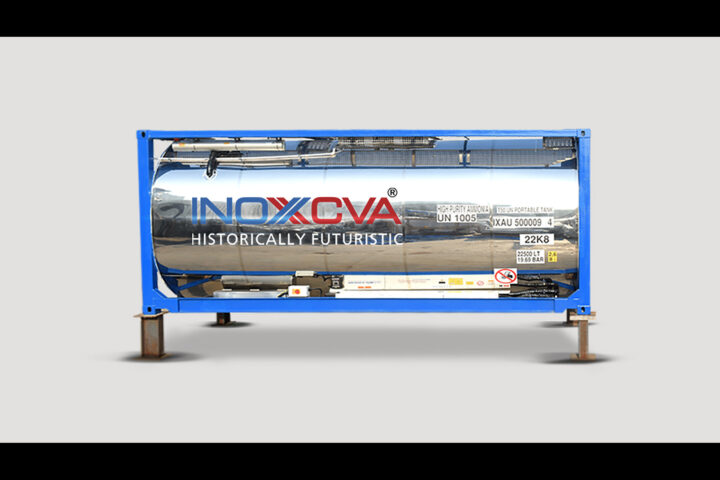




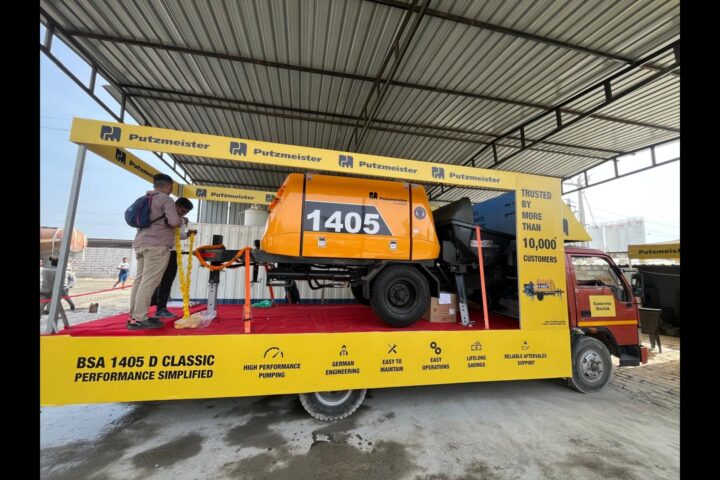
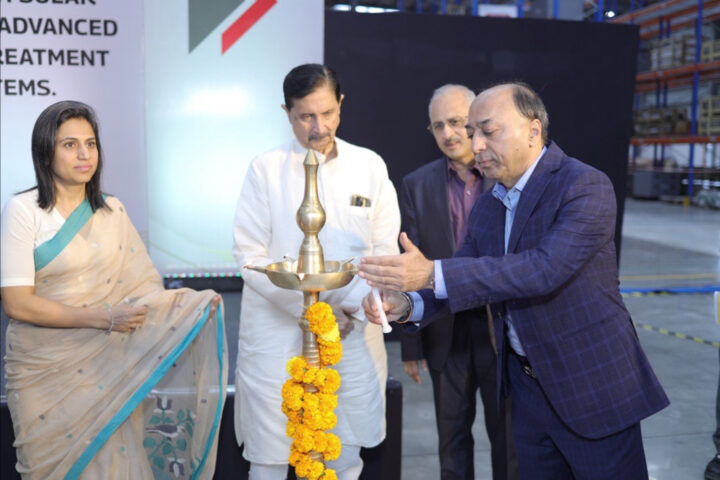

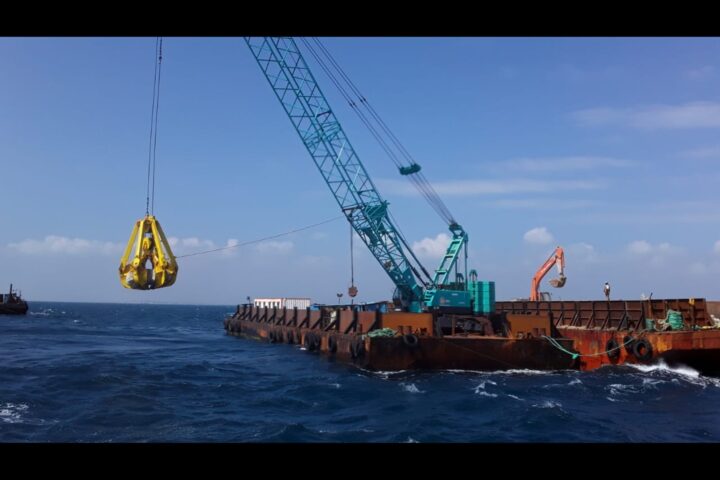

Follow